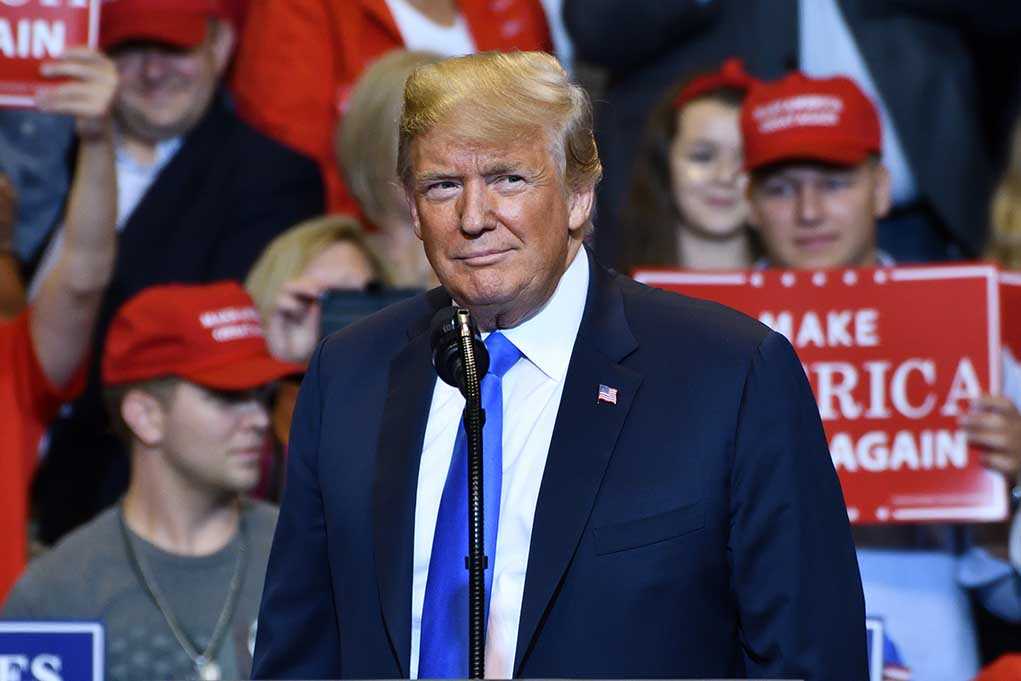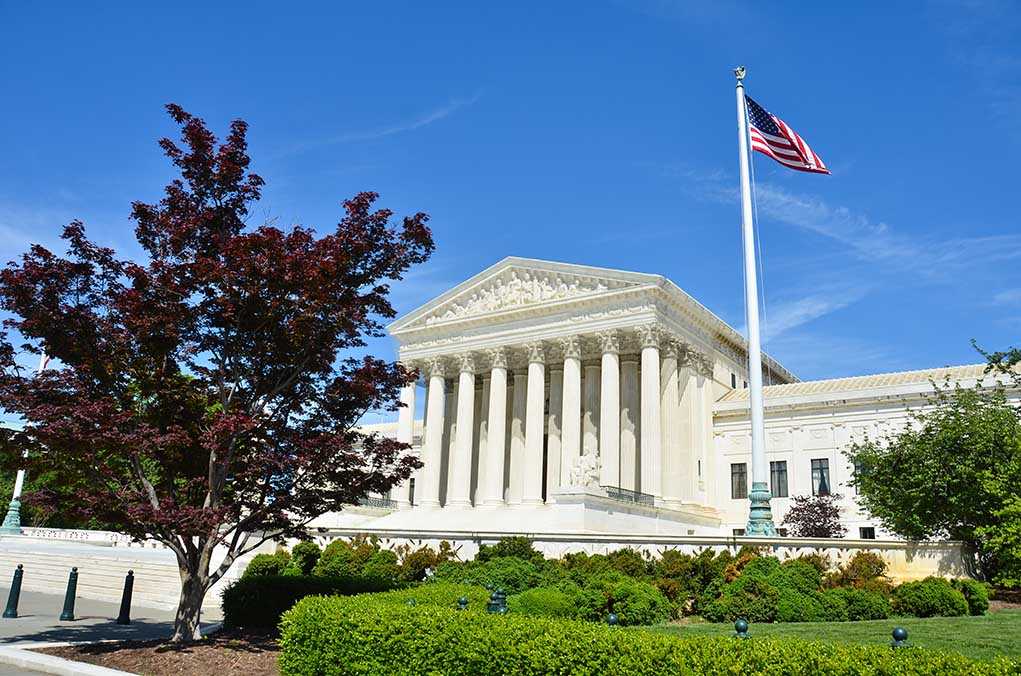
President Trump unveils a groundbreaking temporary work pass program for migrants, offering a sensible solution to critical labor shortages while maintaining strong border policies.
Key Takeaways
- Trump administration is developing temporary work passes targeting agricultural and hospitality industries facing severe labor shortages
- The program requires migrants to pay taxes and gives employers more oversight of their workforce
- Trump’s approach balances economic needs with strict immigration enforcement, avoiding disruption to essential industries
- DHS confirms there will be “no safe spaces for industries who harbor violent criminals” despite the work pass program
- The plan addresses legitimate concerns from American farmers and hotel operators about workforce stability
Practical Solutions for America’s Labor Crisis
President Trump has announced his administration is developing a temporary work pass program for immigrants working in crucial American industries, particularly agriculture and hospitality. The innovative approach aims to address severe labor shortages while maintaining the administration’s firm stance on illegal immigration. This balanced policy recognizes the economic reality that certain sectors heavily depend on migrant labor while ensuring proper oversight and tax compliance from participating workers. The program represents a pragmatic solution to prevent economic disruption while still advancing the administration’s broader immigration enforcement goals.
“We’re working on it right now. We’re going to work it so that some kind of a temporary pass where people pay taxes, where the farmer can have a little control, as opposed to you walk in and take everybody away,” said President Donald Trump.
Protecting American Farmers and Businesses
The Trump administration’s temporary pass initiative directly addresses concerns from American farmers and hospitality industry leaders who have struggled with workforce stability. Many of these businesses have long employed the same workers for years, developing relationships based on trust and reliability. President Trump acknowledged this reality during a Fox News interview, noting the counterproductive nature of removing experienced workers from farms and hotels, which harms American business owners who depend on this labor. The program is designed to keep these industries operational while providing a more structured approach to migrant employment.
“What we’re going to do is we’re going to do something for farmers, where we can let the farmer sort of be in charge. The farmer knows. He’s not going to hire a murderer,” said President Donald Trump.
Maintaining Strong Border Security
Despite the accommodations for essential industries, the Trump administration has made it clear that this program does not represent any weakening of its broader immigration enforcement strategy. The Department of Homeland Security has emphasized that industries harboring violent criminals or attempting to undermine ICE operations will face consequences. This dual approach demonstrates the administration’s commitment to balancing economic needs with public safety concerns, ensuring that criminal elements cannot exploit the system while legitimate businesses can maintain their workforce.
“The President has been incredibly clear. There will be no safe spaces for industries who harbor violent criminals or purposely try to undermine ICE’s efforts,” said DHS spokesperson Tricia McLaughlin.
A Path Forward for Legal Migration
The temporary work pass program represents an evolution in President Trump’s immigration policy, acknowledging the complex realities of America’s labor market while maintaining core principles of law and order. Under the proposed system, undocumented workers currently employed in critical industries would have a pathway to legal status that includes tax contributions and employer oversight. President Trump has also expressed interest in improving existing temporary worker visa programs such as H-2A and H-2B, which have long been criticized for bureaucratic inefficiency. This comprehensive approach puts American economic interests first while ensuring migrants contribute to the system.











